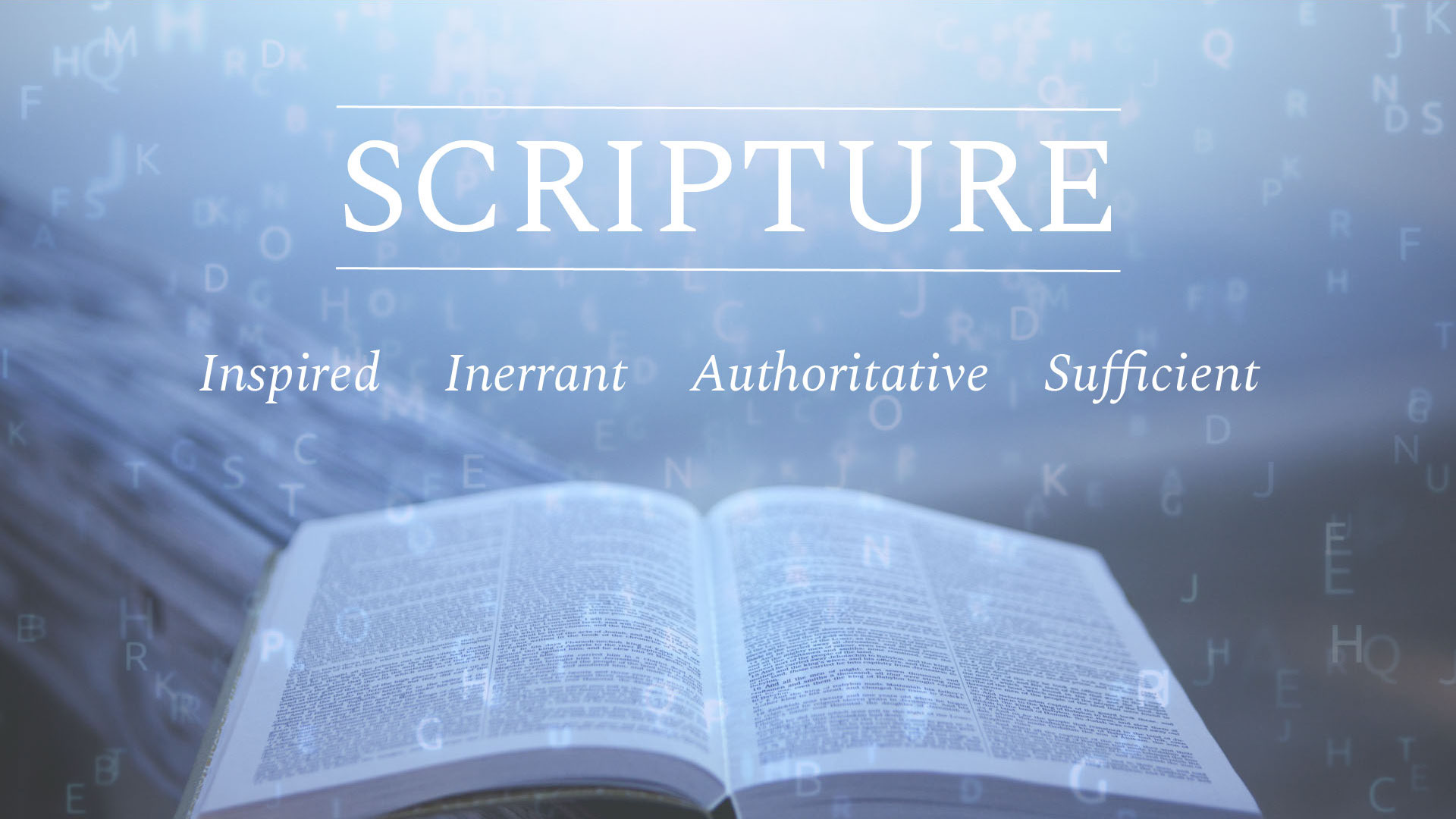-
Both Faith And Reason Series
Contributed by W Pat Cunningham on Apr 21, 2012 (message contributor)
Summary: Both our faith and our reason must inform our study and preaching of Scripture.
Monday of the 3rd Week of Easter
Verbum Domini
The breaking in of the Word of God into the closed-in Jewish culture of the first century was heavily resisted by the Jews. In fact, by one estimate, only a small minority of Palestinian Jews turned to Jesus as the Messiah and became members of the early Christian community. However, there was no doubting the power of the Word of God, because the apostles kept working mighty signs of healing, and their preaching kept converting both Palestinian and Greek Jews, and even some non-Jews. This deacon Stephen was particularly irritating. Why was that?
First of all, remember that in this week’s readings, we are getting a severely edited form of Stephen’s speech before the Sanhedrin, a speech that probably reflects the preaching of many of the early disciples. To summarize, Stephen was saying that the Jews of his day were unfaithful to the Word of God when they rejected Jesus, the Messiah, just as their forefathers had been in the days of Moses and Aaron. He reminded them that their ancestor Jews had rejected and persecuted the prophets, so it was very much in their tradition to murder the Messiah. Moreover, he confirmed the illegitimacy of the Temple worship by quoting Isaiah’s words, “Heaven is my throne, and earth my footstool. What house will you build for me, says the Lord.” It certainly did not endear him to his listeners when his peroration contained the line: “You stiff-necked people, uncircumcised in heart and ears, you always resist the Holy Spirit.” Of course they stoned him to death.
(Just for the record, today’s deacons are taught that we should be a little more restrained in our preaching than Stephen was.)
There is a definite connection between this story and the points being made by Pope Benedict in his letter Verbum Domini. The members of the Sanhedrin were rejecting the Logos, the Word of God, who was manifest in Jesus. Jesus, and his disciples after Him, were calling the Jews to repentance, to right worship in spirit and truth. The Temple worship was getting in the way; the traditions of the Pharisees were strangling true piety and worship. In that sense, it is true that Jesus and the disciples were anti-Temple, because the Jews were anti-Logos. It was both reasonable and true to the Scriptures to believe in Jesus and in His disciples and Church. They were fulfilling all the OT prophecies–the blind saw, the lame walked, and the poor had the Gospel preached to them. But the Jews refused to believe, just as, lamentably, they and the rest of secular culture refuse to believe today. Moreover, that condition persists today.
Both John Paul and Benedict have encouraged all humans to recall that truth is one. Faith and reason are complementary, not conflicted. Some who read the Scriptures refuse, for instance, to believe anything that suggests “that God might enter into our lives and speak to us in human words.” Benedict tells us that “we need to urge a broadening of the scope of reason. In applying methods of historical analysis, no criteria should be adopted which would rule out in advance God’s self-disclosure in human history.”
As we read the Word of God, we must read it under the influence of faith, the great gift that allows us to believe in that self-disclosure of God in human history. We must also use our reason to arrive logically at our conclusions, without self-deception clouded by our emotions. In the Holy Father’s words: “On the one hand, it calls for a faith which, by maintaining a proper relationship with right reason, never degenerates into fideism, which in the case of Scripture would end up in fundamentalism. On the other hand, it calls for a reason which, in its investigation of the historical elements present in the Bible, is marked by openness and does not reject a priori anything beyond its own terms of reference. In any case, the religion of the incarnate Logos can hardly fail to appear profoundly reasonable to anyone who sincerely seeks the truth and the ultimate meaning of his or her own life and history.”

 Sermon Central
Sermon Central



